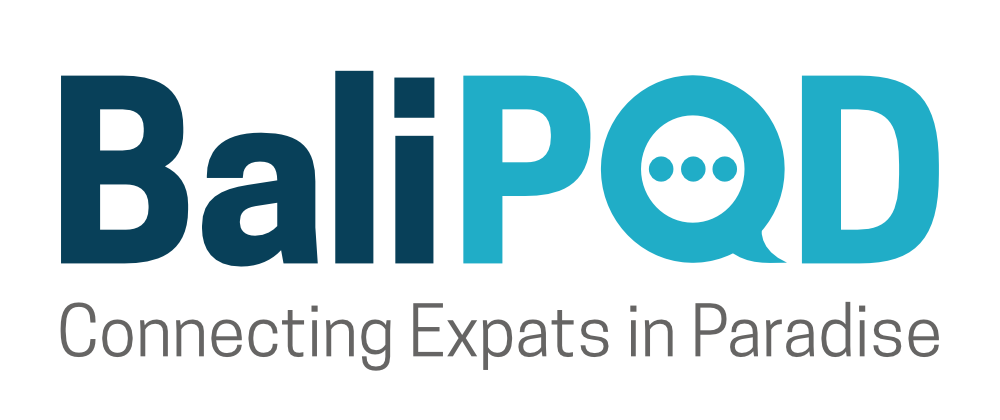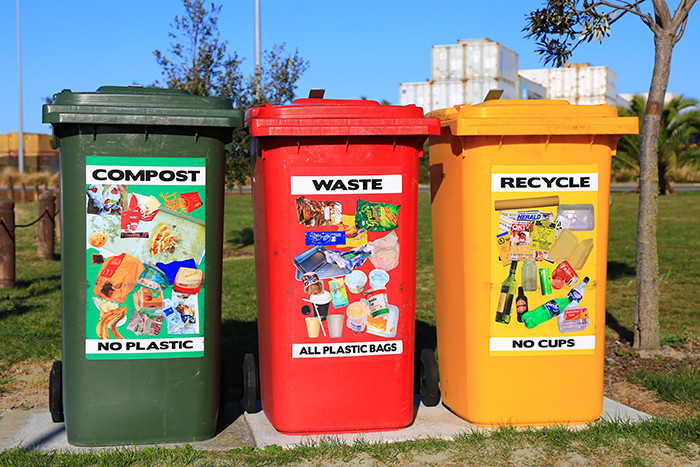Project Stop has inaugurated one the largest material recovery facilities (MRF) in Indonesia, the world’s second-largest plastic polluter after China, according to reporting by Sustainable Plastics. The Banyuwangi facility is part of the project’s expansion programme, which was first co-founded by Borealis and Systemiq in 2017.
The new MRF will manage waste collection and sortation from households in the Songgon municipality region, including materials to be recycled, with a daily capacity to process up to 84-tonnes of waste. Built in collaboration with the regional government of Banyuwangi, the facility is equipped to handle both organic and inorganic waste. Organic waste will be processed into compost, while inorganic waste will be sorted and transferred to the recycling industry. By 2025, the MRF is expected to operate at full scale collecting 23,000-tonnes of waste, including 3,300-tonnes of plastic waste per year, say Sustainable Plastics.
In a 2020 report, the United Nations estimated that Indonesia produces 3.2-million tonnes of unmanaged plastic waste a year, of which about 1.29-million tonnes end up in the sea. While its plastic recycling rate stands at only 7-percent, the country has recently introduced five key strategies to reduce ocean plastic pollution by 70-percent in 2025. These focus on reducing plastics production and use, diminishing land- and sea- leakage, improving behavioural change, and stepping up funding mechanisms, where support from international organisations are expected to play an important role.
To date, Project Stop Jembrana has offered formal waste collection services to more than 124,800-people. The new Banyuwangi facility is anticipated to create around 200-jobs by 2025 and service over 250,000-residents. Some of the projects’ chapters have already become economically self-sufficient, report Sustainable Plastics.
The project runs door-to-door behaviour change campaigns, provides waste bins for pre-sorting at the household level, and employs waste collectors to pick up the sorted waste and bring it to the WPF.
“Since we founded Project Stop together with Systemiq in 2017, we established waste management systems in Muncar, Pasuruan and Jembrana as first phase,” commented Thomas Gangl, Borealis CEO. “Based on the learnings done in the first three cities, we will now expand the reach of Project STOP to the Banyuwangi region. Beyond that, we hope that Project Stop serves as inspiration and blueprint for other projects to accelerate the establishment of a circular economy and to avoid waste leakage into the environment.”
Source: Sustainable Plastics
Photo by Nareeta Martin on Unsplash
The post Project Stop Waste Management Expands to Banyuwangi, East Java appeared first on Invest Indonesia.



